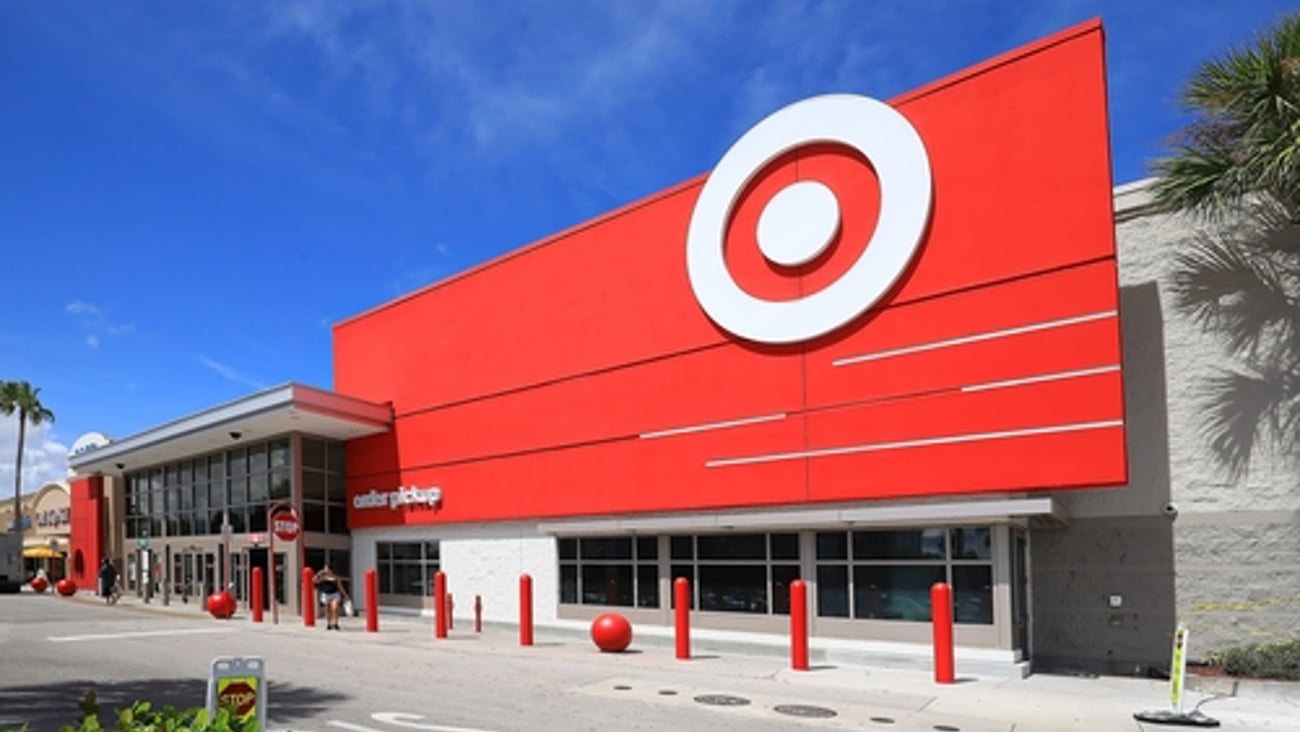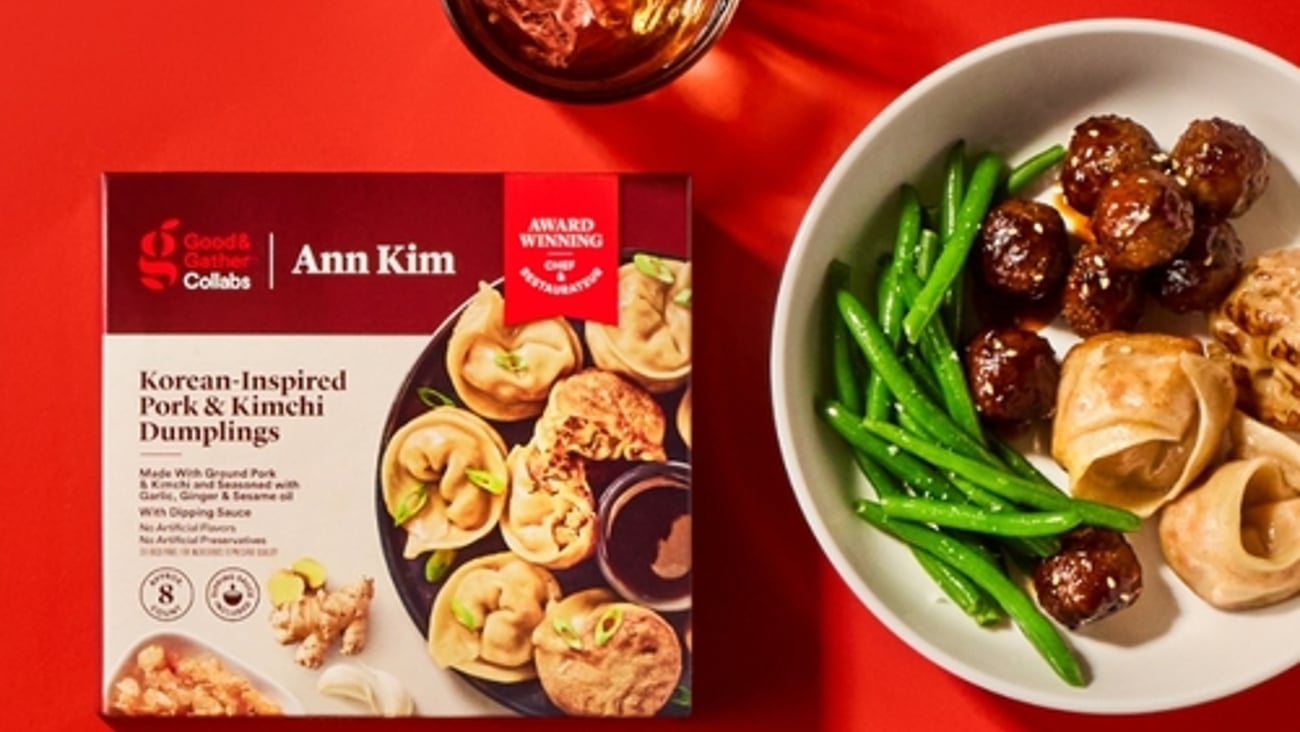H-E-B and the human touch
The best grocers realize that private brands are about more than just products. Private brands are about a grocer’s people, too, as in its employees. And when a grocer’s employees are affable, accessible and treat people like they want to be treated (the good old golden rule), they can wield a tremendous influence on the retailer’s own brand, not unlike a delectable line of premium private label ice cream.
But in case you haven’t noticed, more grocers are turning to technology to replace people. They are doing this for several reasons, cutting costs being one of them.
I get it. But, hopefully, these grocers will find the middle ground and realize that technology can’t replace all people.
So it was refreshing to see a story in The Dallas Morning News about how San Antonio-based H-E-B, while in investing in tech, is “also doubling down on people.”
According to the story’s reporter, H-E-B President Craig Boyan told attendees of a two-day technology conference that H-E-B has added 40,000 employees to its workforce in the last decade, raising its number of employees to 116,000. But here’s the important part: Boyan said H-E-B, which operates about 350 stores throughout Texas and northeast Mexico, considers its employees a “key differentiator.”
Wow.
In my time covering the store brands industry, I’ve heard the word “differentiator” or “differentiate” many times, but most always to describe products. That doctrine usually goes something like this: “Retailers need to differentiate with private label products that consumers can’t find anywhere else. Then those consumers can only come to that retailer for those products.”
Nobody can argue that strategy. Just ask Costco Wholesale.
But differentiating with your employees? It’s not a new concept, but one that might seem outdated to some in the technology age, where most everyone you see walking down the street is looking at his or her phone … and not saying hello to each other.
As much as H-E-B differentiates with its outstanding private-branded products, it also does so with its employees. Texans like to shop at H-E-B because they like the experience — the human experience influenced by H-E-B’s employees.
This is not by accident. As purported by Boyan, it’s purpose-driven.
“We believe the main thing we need to do is invest in people — and better people," Boyan said.
It’s also a two-way street. The people who work at H-E-B like to work at H-E-B because they are treated as relevant.
In fact, H-E-B, which was founded in 1905, was recently named the top retailer to work for in 2018 by the job site Indeed. According to Indeed, here’s what some employees had to say about H-E-B:
• “All of the managers genuinely care about your well-being and help you learn. You pick up a lot of great customer service skills and work with very friendly people.”
• Another employee said he enjoys working at H-E-B because employees’ voices are heard, and they feel like they are considered “partners and not just workers.”
• Still another employee said “everyone is treated fairly” and that corporate leadership who visit the store actually seem to care about employees, making them feel “valued and respected.”
So you know these employees are spreading the love to H-E-B’s customers.
I’m all for new technology, but I wonder how far it will take the grocery industry. And can technology help a grocer differentiate in the long run? When the cool factor wears off because all retailers have robots working in the deli department, then what?
It’s strange to say that H-E-B is on to something when it comes to something as vintage as great customer service provided by human employees.
Strange, but spot on.






